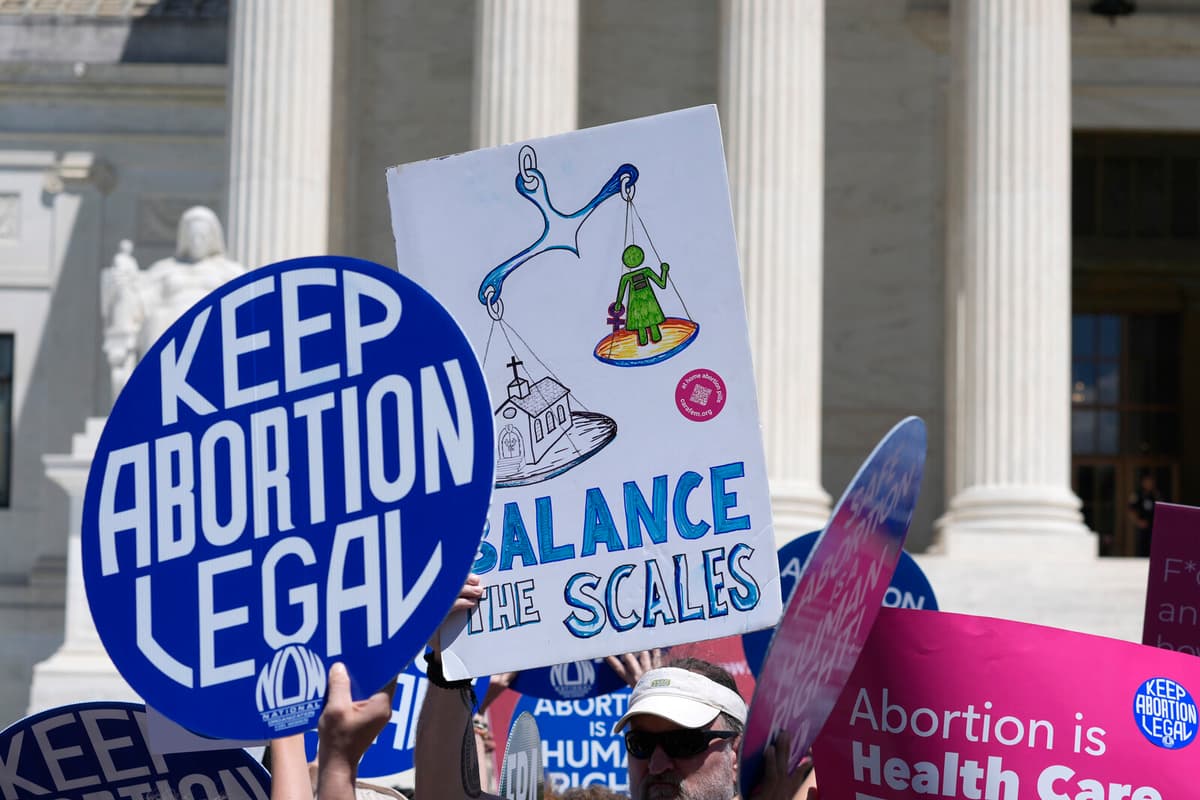The organization Aid Access, which offers delivery of abortion pills to all American states, reports that they received 10,000 orders of abortion pills during the day after Trump's victory. According to the organization, this is 17 times more than they usually receive in a day.
Plan C, an organization that provides information about abortion medication, reports that they had 82,200 visitors to their website the day after the election – compared to 4,000-4,500 daily visitors before.
People understand that the threat is very real and that the threat to access to abortion under a Trump administration is serious, says Brittany Fonteno, chair of the National Abortion Federation, to The Washington Post.
According to the organization Planned Parenthood, scheduled vasectomy visits increased by 1,200 percent directly after Trump's victory, writes the newspaper. Scheduled visits for inserting IUDs increased by over 760 percent.
Abortion is deeply controversial in the USA, where the issue spans across religion, women's rights, and poverty reduction. Between 1973 and 2022, the right to abortion was nationally protected through the Supreme Court's ruling Roe v. Wade, which established that free abortion is included in the constitutionally protected right to privacy.
In 2022, Roe v. Wade was repealed and the issue was sent back to the states.
Currently, 13 states have introduced total abortion bans and four, including Georgia, have so-called heartbeat laws that in practice mean a ban on abortion after the sixth week of pregnancy. In some cases, exceptions are made for cases where the pregnancy was caused by incest or rape or where the mother's life is in danger.
50 percent of Americans think that abortion should be legal under certain circumstances, 35 percent are in favor without restrictions, and 12 percent want to see a ban, according to an opinion poll from May this year.
Sources: Guttmacher, Gallup, and others






